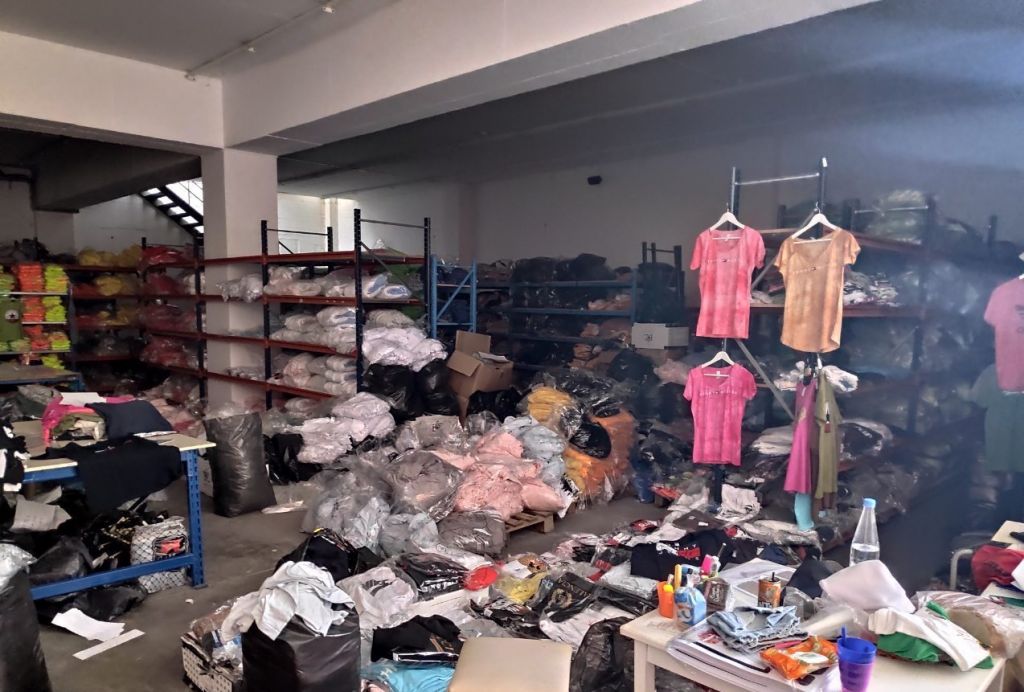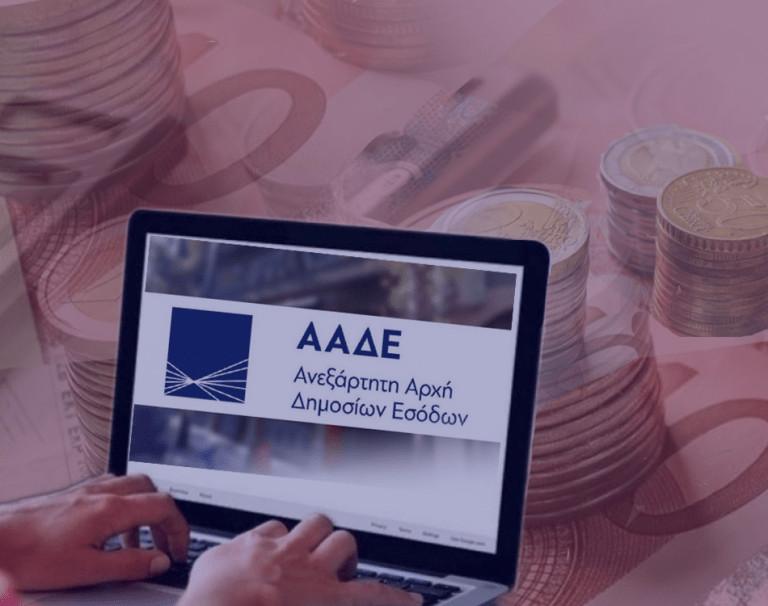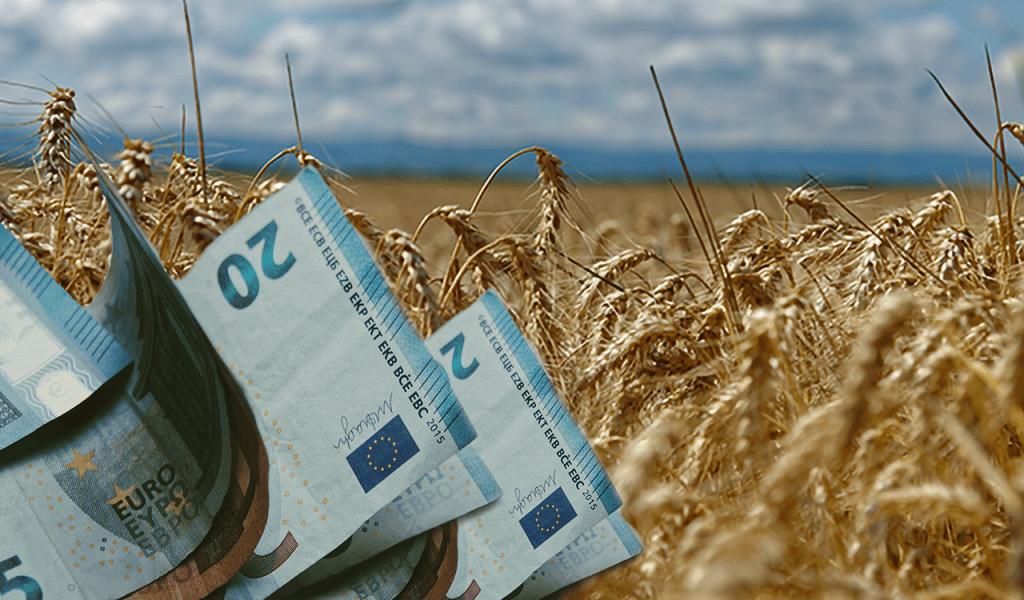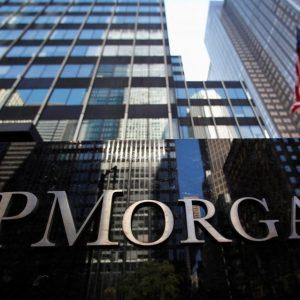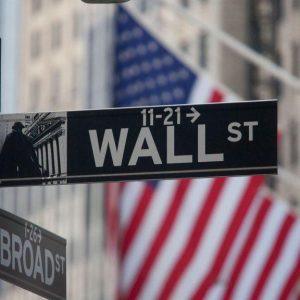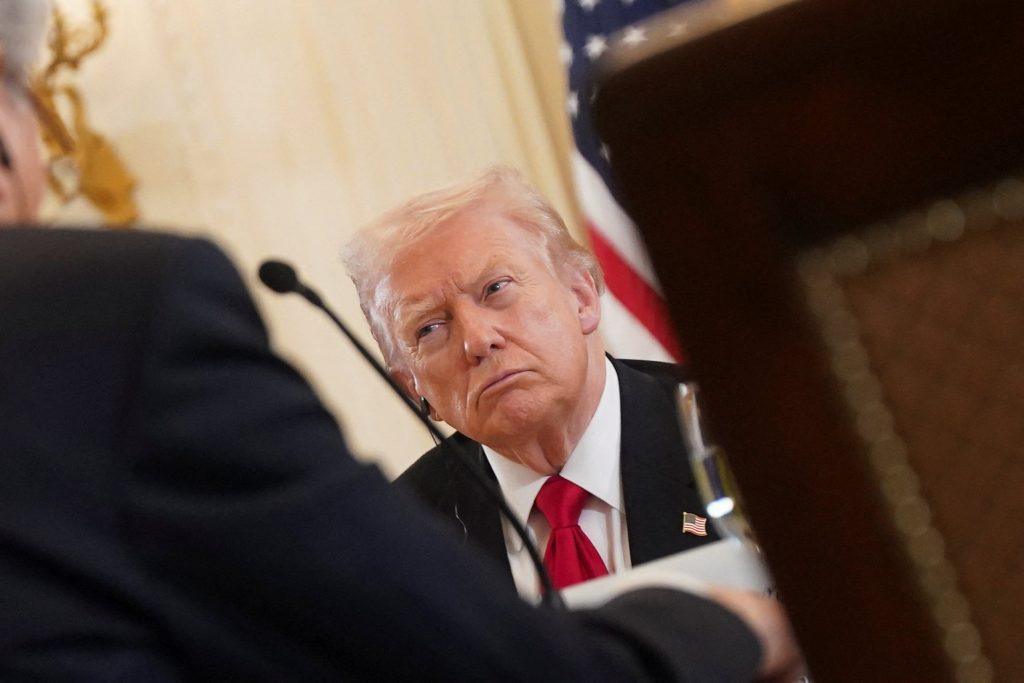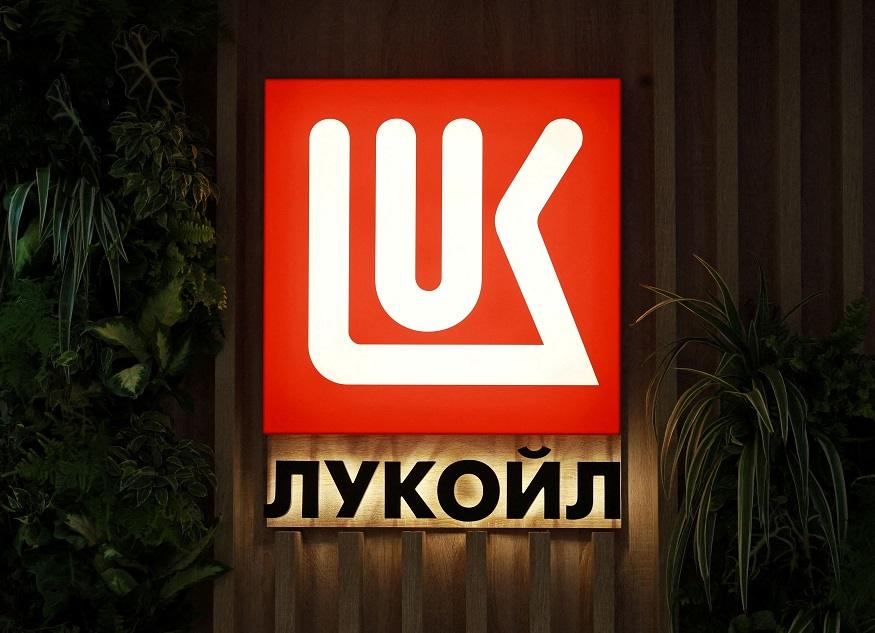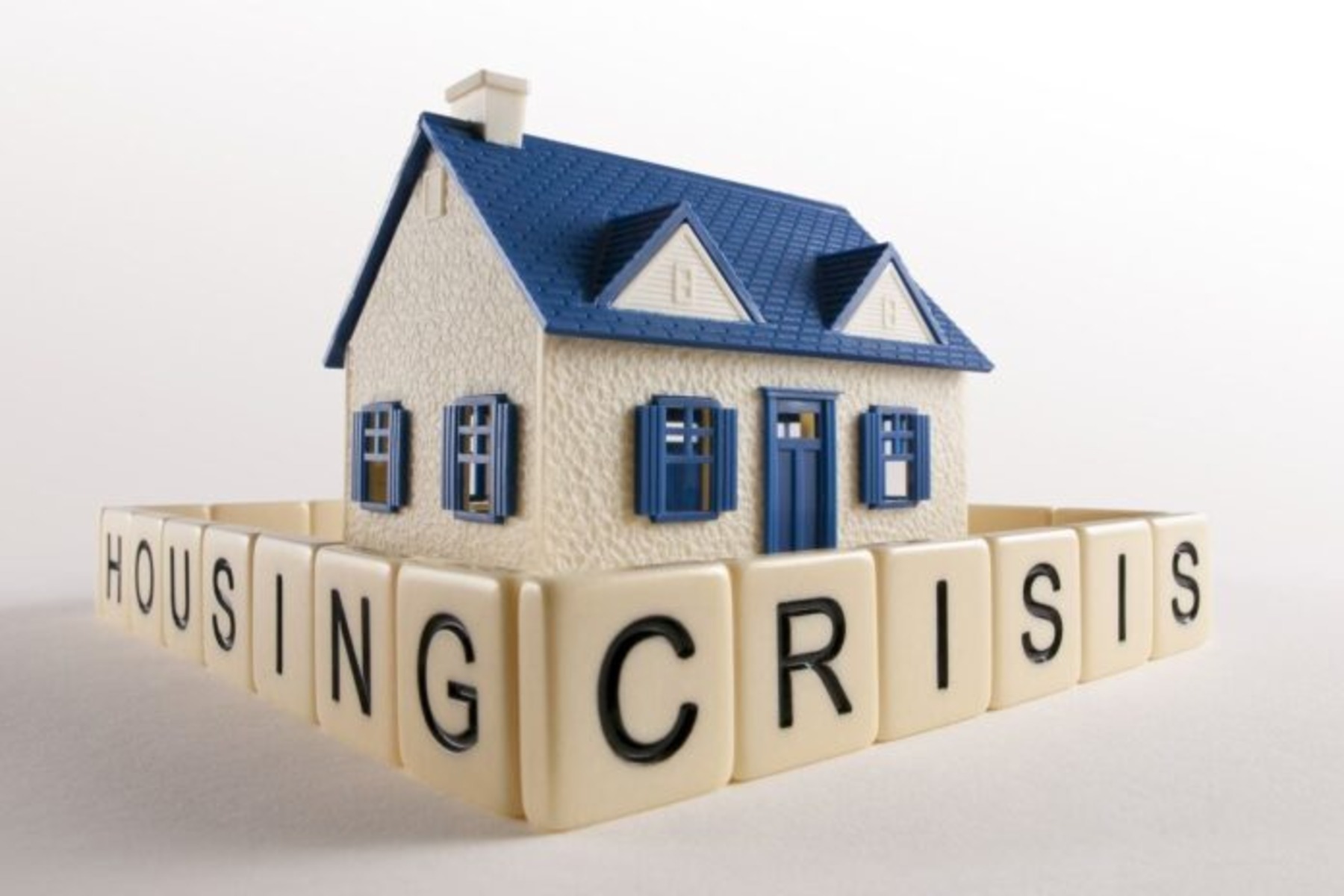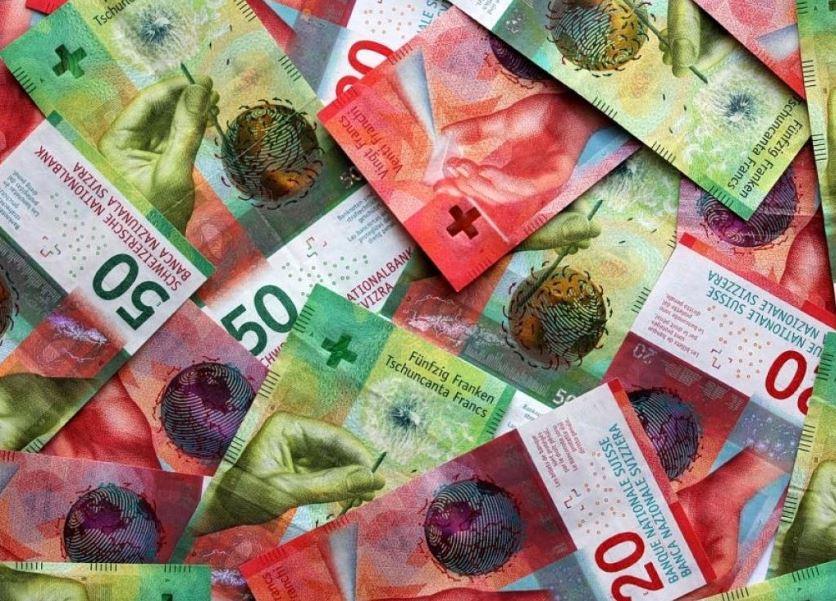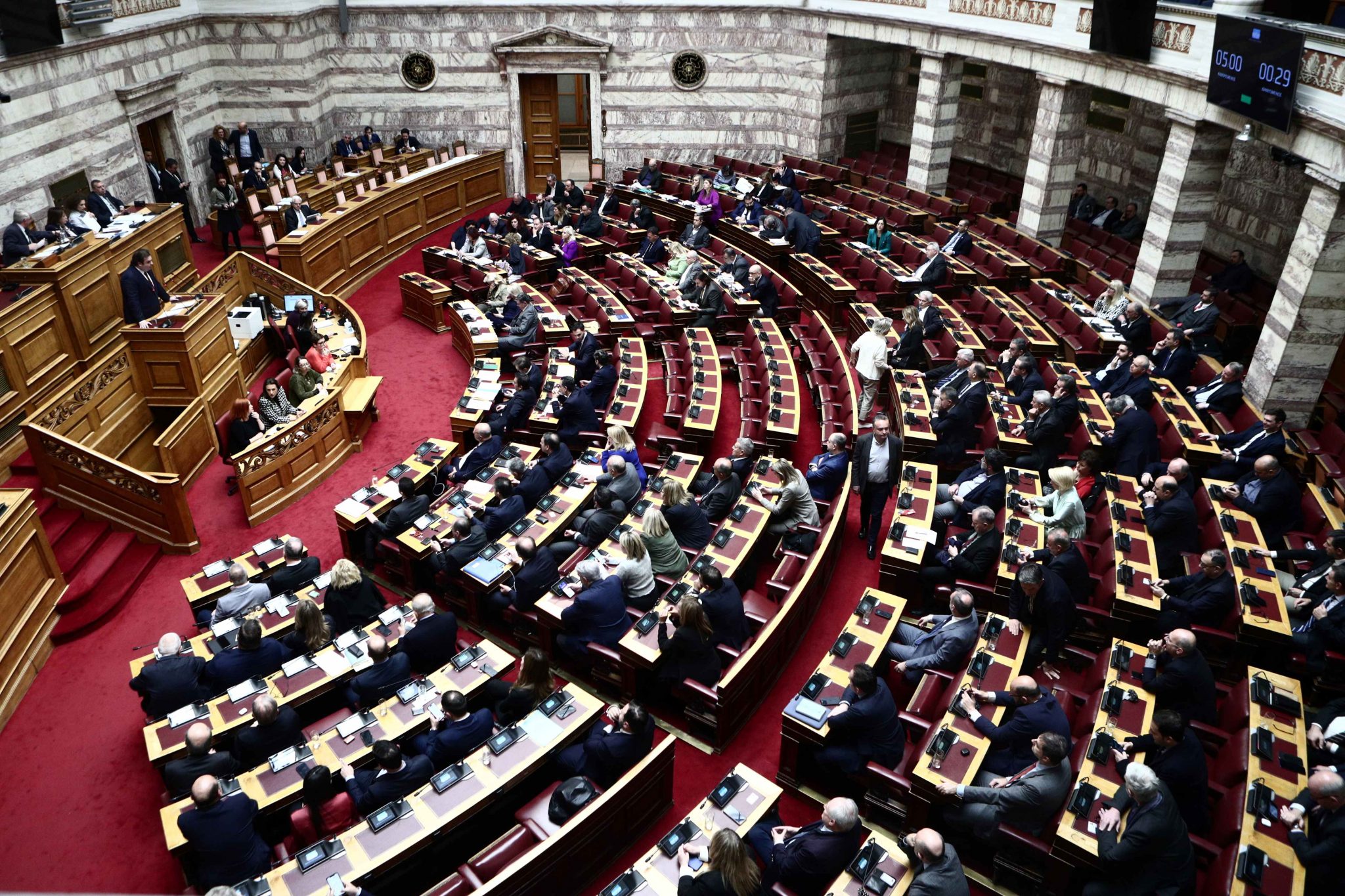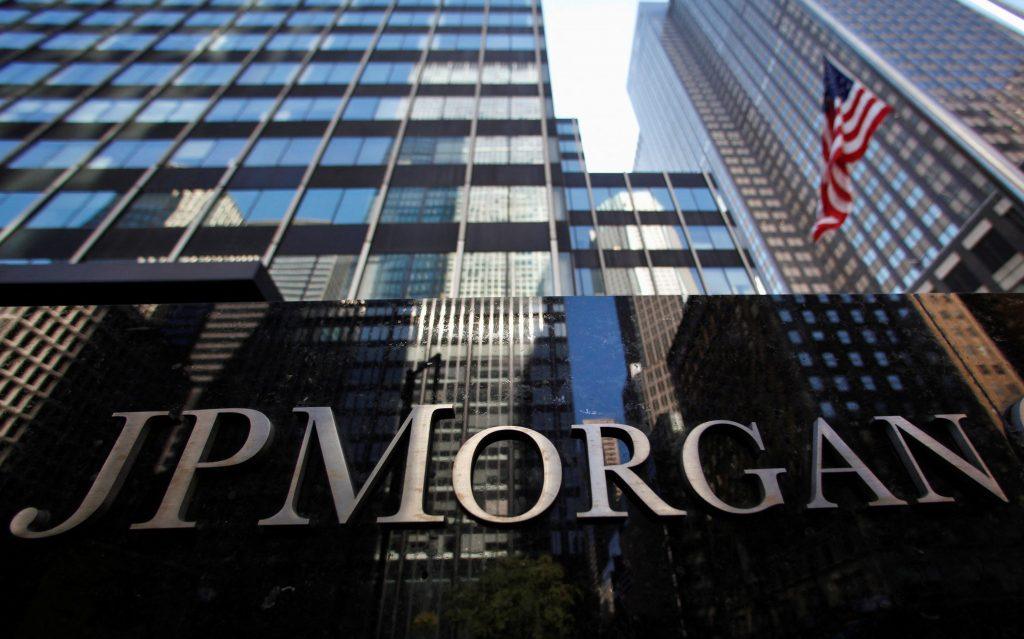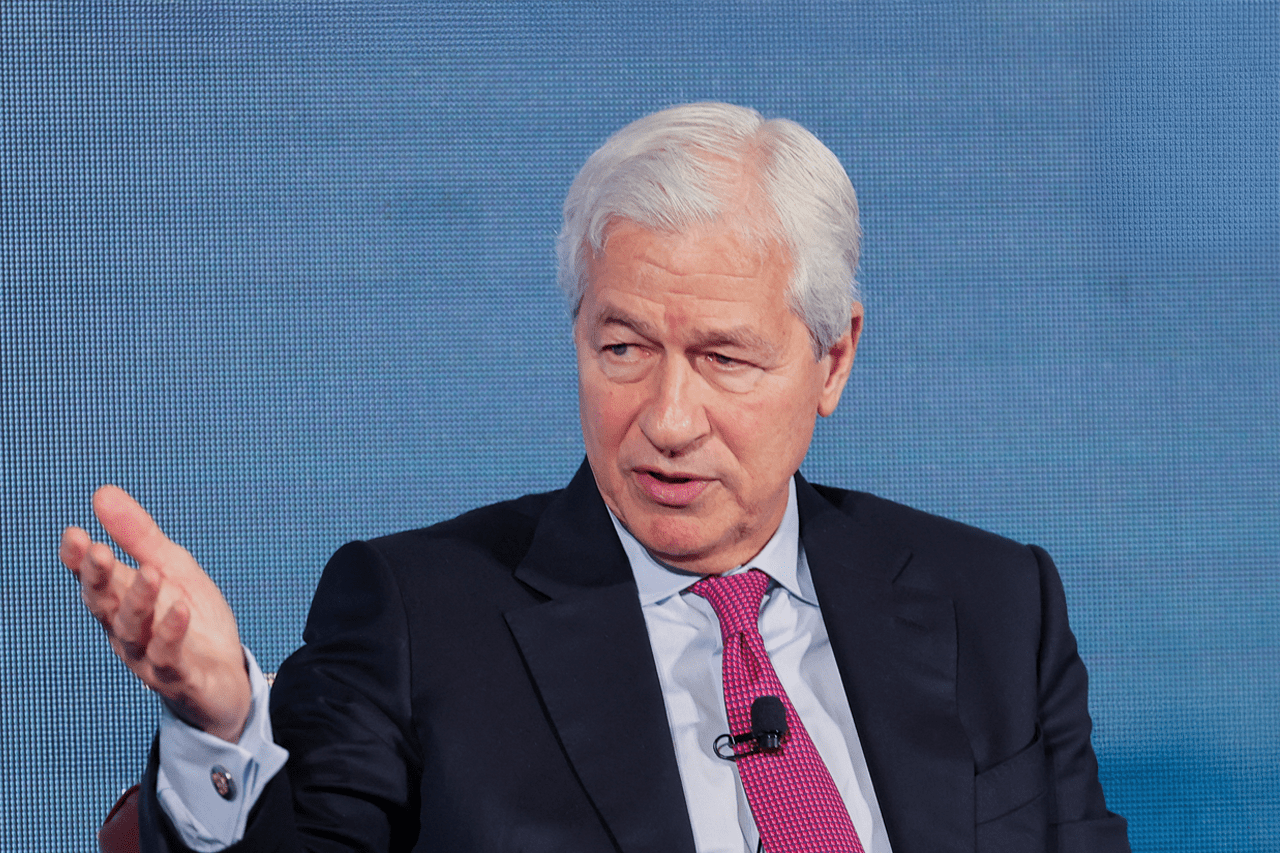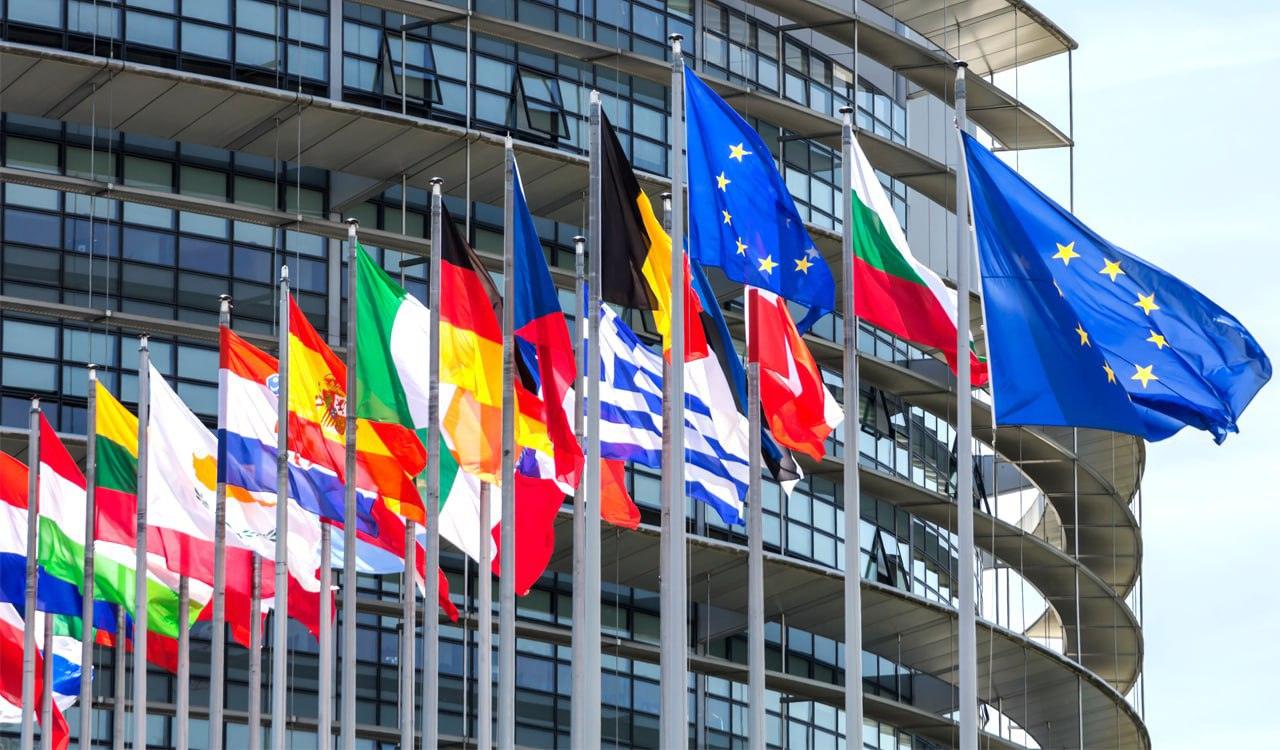The European Union’s intellectual property office (Euipo) is ringing the bell: 52% of Europeans aged 15 to 24 have bought at least one counterfeit product in the last 12 months, according to a survey on young people and intellectual property, the results of which were published on Wednesday 8 June.
“It’s an extremely worrying trend,” according to Euipo. Some young consumers have accidentally bought counterfeit goods. But these account for only 15% of the total, while 37% of them had the intention to buy counterfeits.
Although the survey results “are not directly comparable to previous studies”, Euipo reports that, in 2019, only 14% of young people admitted to deliberately seeking out counterfeit products, either in physical stores or online.
Movies and streaming
The survey was conducted among 22,021 young people in the 27 member countries, last February. According to this survey, the preference of youngsters is mainly focused on pirated copyright products. This is followed by counterfeiting of branded clothing, footwear, electronics, hygiene and beauty products.
Specifically, of those who intentionally bought “pirated or counterfeit products” in the last 12 months, 67% chose films, 51% TV series, 34% music, 33% software, 28% video games, while a significant 34% paid “pirates” to watch live TV broadcasting of sporting events.
In many cases, this illegal activity consists of visiting special websites, in order to “download” films and TV series or to use applications to play music.
Price is the key driver
Euipo notes that the main reason for purchasing illegal pirated products remains their low price. The second reason is that consumers,through illegal sources, can have access to the product they want, which may not be legally available on the market.
When it comes to counterfeiting expensive brands of clothes, shoes, perfumes and other natural products, 55% of those who deliberately prefer them cite their low cost as a reason. “But well, don’t they care about quality?” one might wonder. But it is known to everyone that for decades the “good counterfeit products” have been, unfortunately, comparable to genuine ones in terms of quality.
This was publicly stated by the Chinese tycoon, Jack Ma, before he was targeted (for other reasons) by the Beijing regime: “We must protect intellectual property, we must do everything we can to stop copied products. Original Equipment Manufacturer (OEMs) make better products at a better price. They are the same companies, after all, that work for the branded houses. They use the same raw materials, the same know-how. And that’s the problem today: their products are better than the branded ones.”
The founder of the e-commerce giant Alibaba is referring to Original Equipment Manufacturers or the Asian industries that work with Western brands to which they supply parts and components of the products they produce, be it mobile phones, handbags or T-shirts.
As annoying as it is, one has to admit that it is ultimately conscious consumers who choose “counterfeit” products. Τhey pay less to buy a product of a similar quality.
This is certainly a diversionary phenomenon, an anomaly created and “festered” the trend of relocations of industrial units from the USA and Europe to East Asia in the three decades of cataclysmic globalisation (1990-2020).
Α new reality
Many brands have moved all their production from the West to the East. But trade wars (recently also physical wars) are heating up, a process of de-globalisation has already begun, the world and international trade are again divided into “East and West” with tariffs, sanctions and all kinds of borders, which do not favour the movement of counterfeit goods.
There is, of course, the ever-present and irresistible “e-commerce and digital consumption” factor, which knows little about restrictions. This is the finding of the European Union’s intellectual property office (Euipo), which calls on “all stakeholders, policy makers, educators and civil society organisations to raise awareness among young people of the dangers of counterfeiting and piracy”.
The economic costs of counterfeiting and piracy for Western countries is also high. It weighs on their budgets, but also on consumers, because they (the buyers of counterfeit goods…) are deprived of resources that could, in theory, be channelled into social policies, social utility projects, etc.
A heavy price to pay
It is a vicious circle. Last December, the EU (the Centre for Economic and Business Research or CEBR, in collaboration with the British group NetNames, which specialises in protecting brands on the Internet) estimated that the illegal market in counterfeit and pirated goods, most of which are traded over the Internet, has a very large impact on the economy and employment in the EU and the West, and is responsible for around a million deaths per year!
“The circulation of counterfeit goods over the Internet is growing and costs 2.5 million jobs every year”, the CEBR and NetNames concluded in a study. The USA is the most affected country, as it has the world’s largest market for counterfeit goods, with an annual turnover of $225,000 million (1.3% of US GDP). The USA also loses 750,000 jobs per year due to this activity.
As far as the European Union is concerned, the loss of tax revenue amounts to 167 billion euros per year. Germany (second in the world in terms of economic and social losses after the USA) loses 107,500 jobs per year, while France loses 26,300 jobs.
